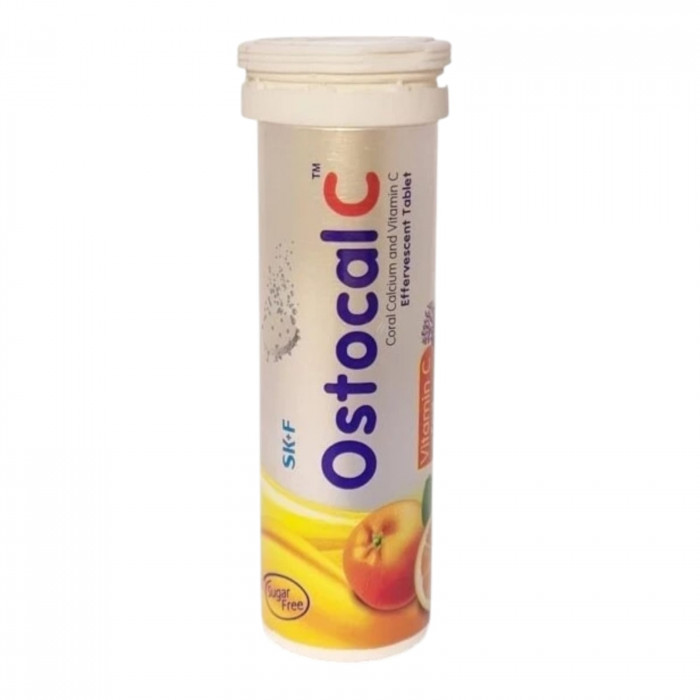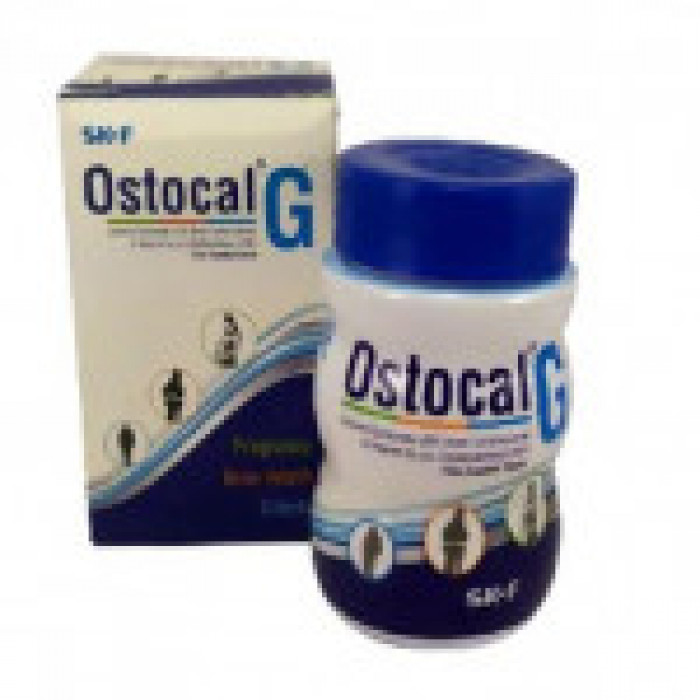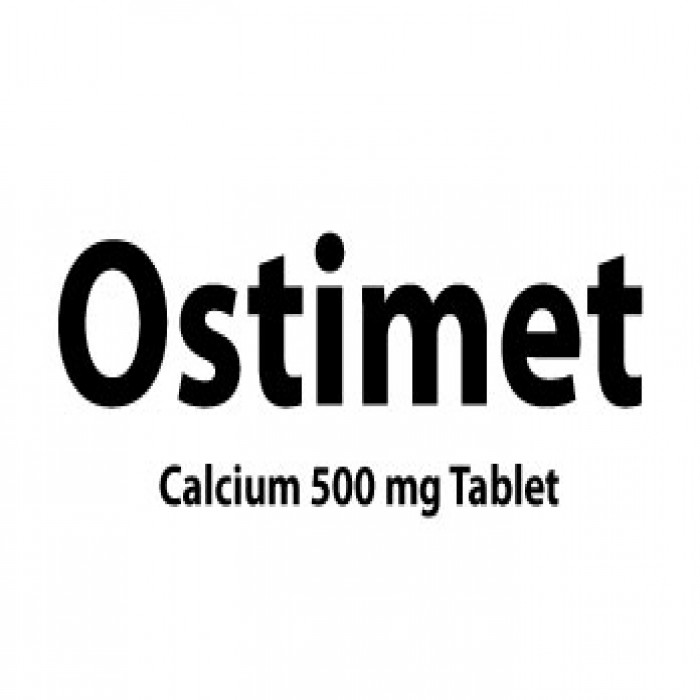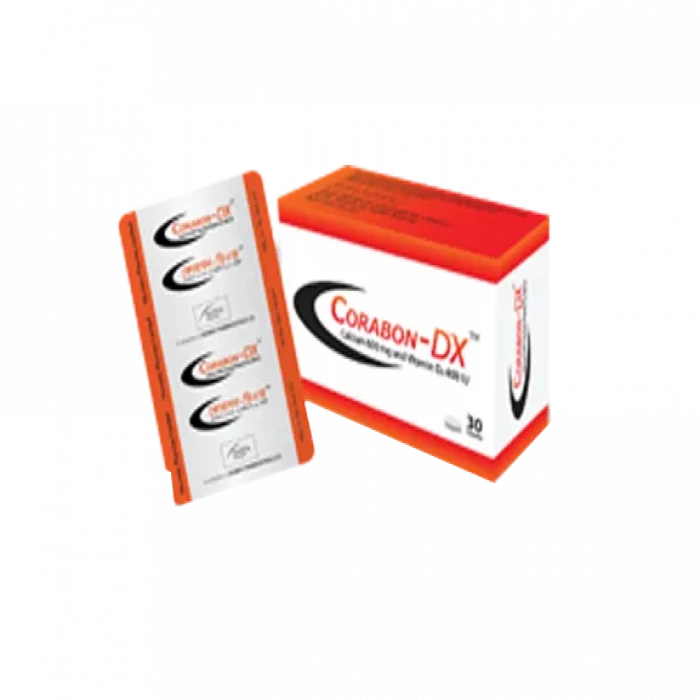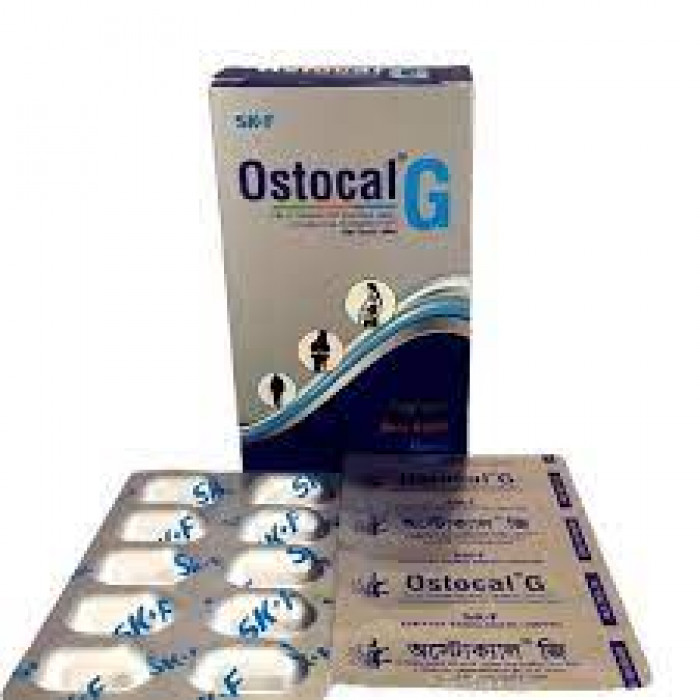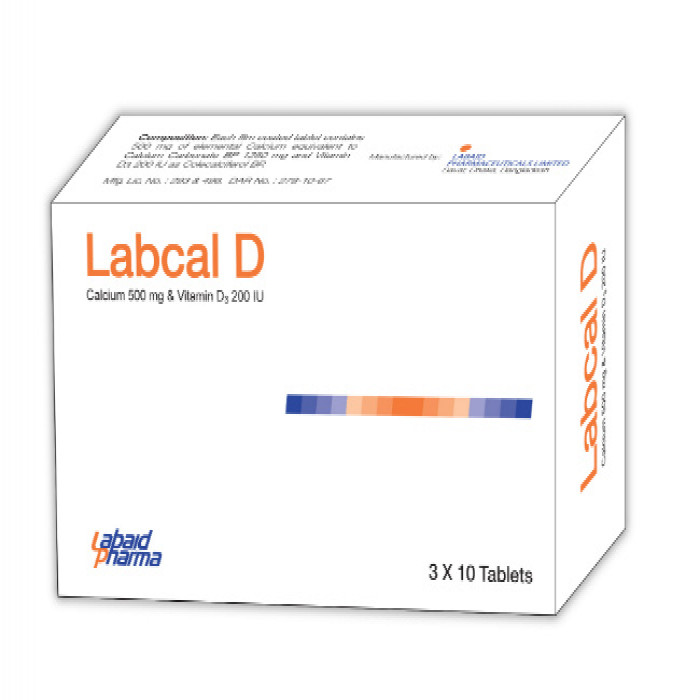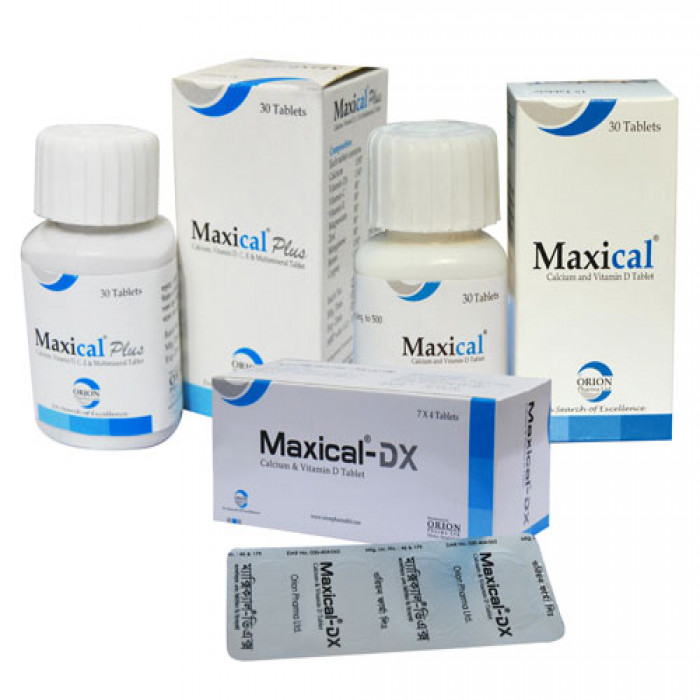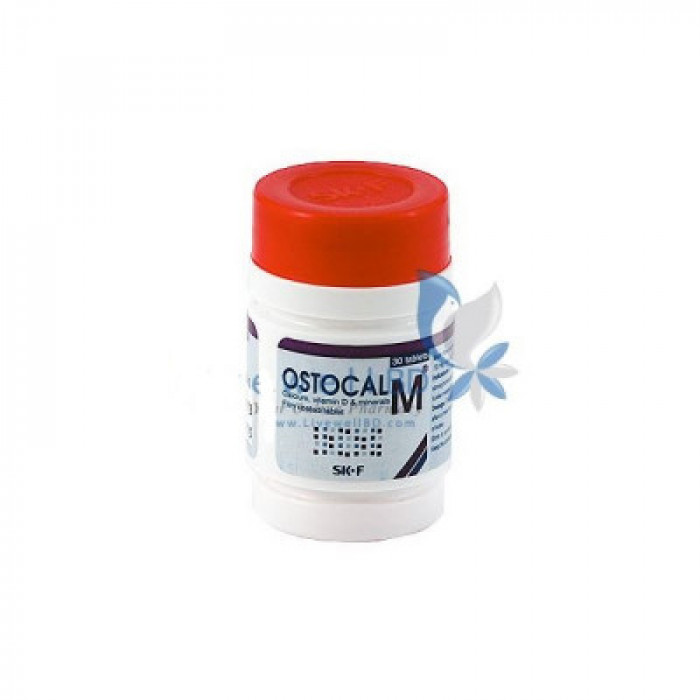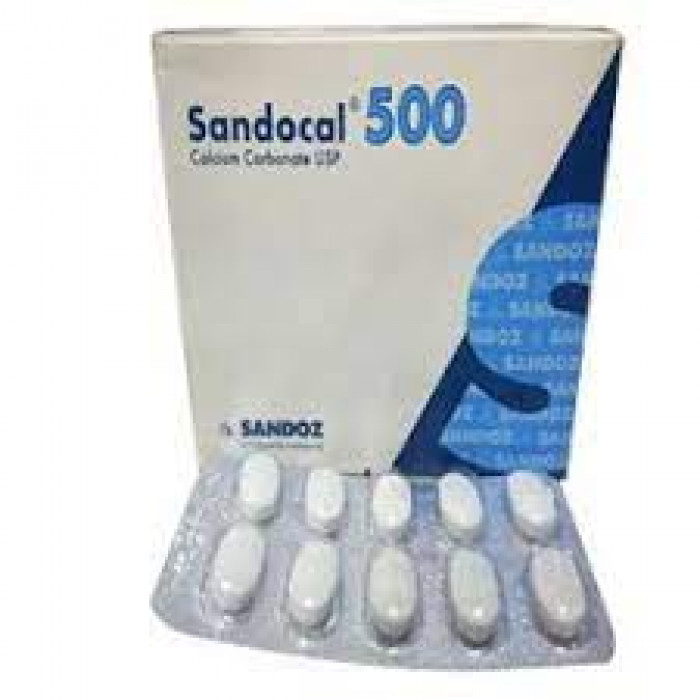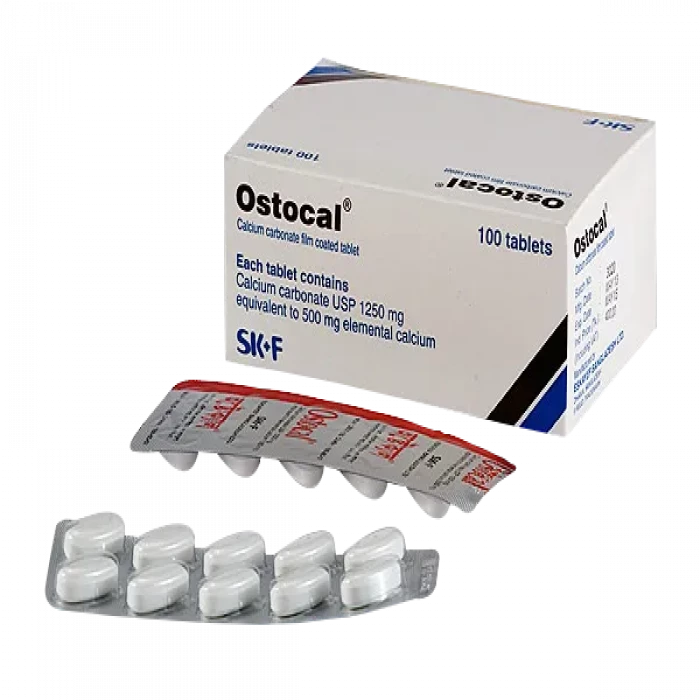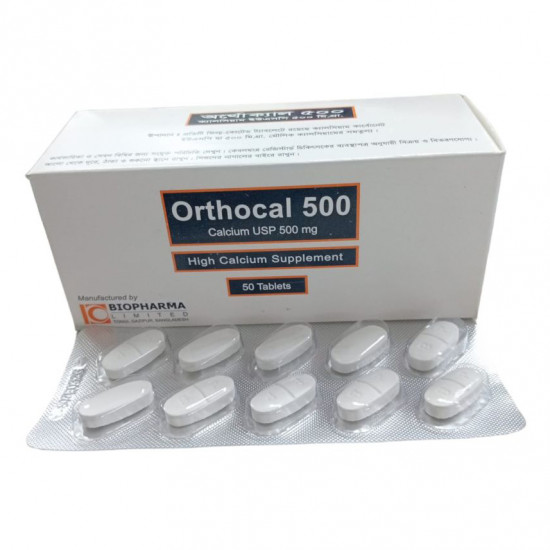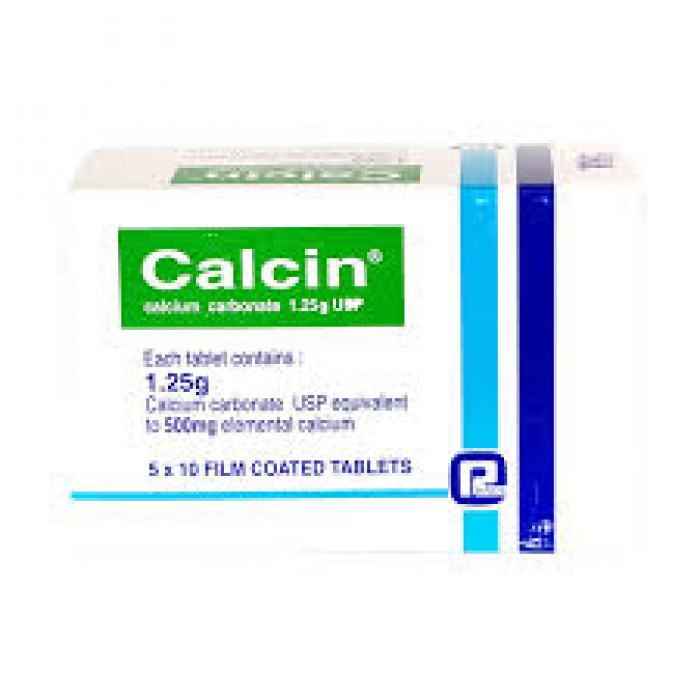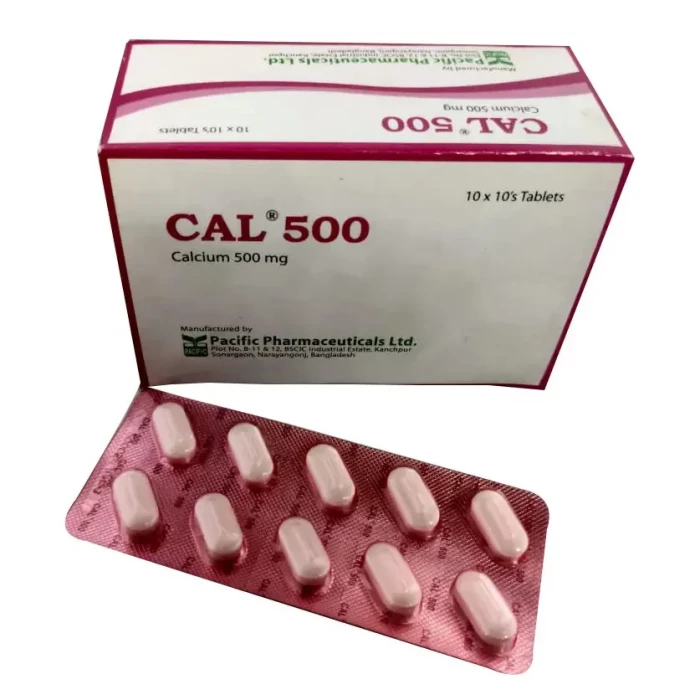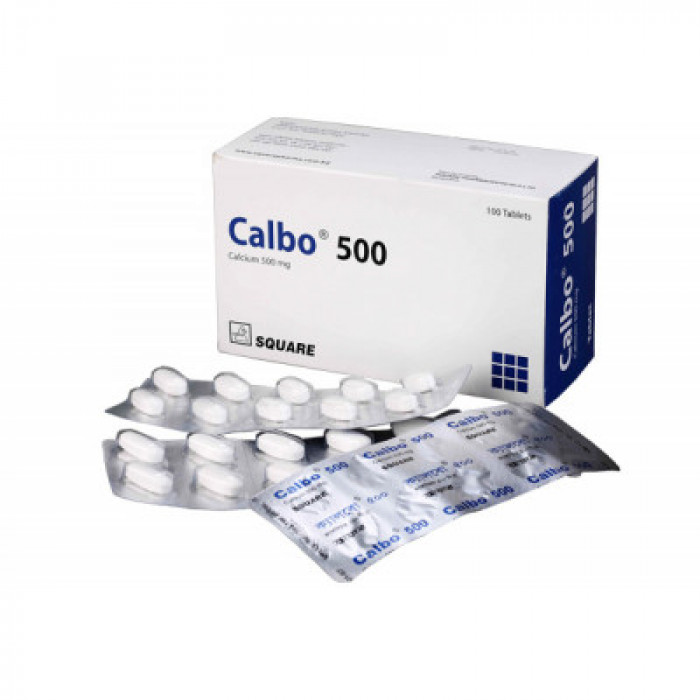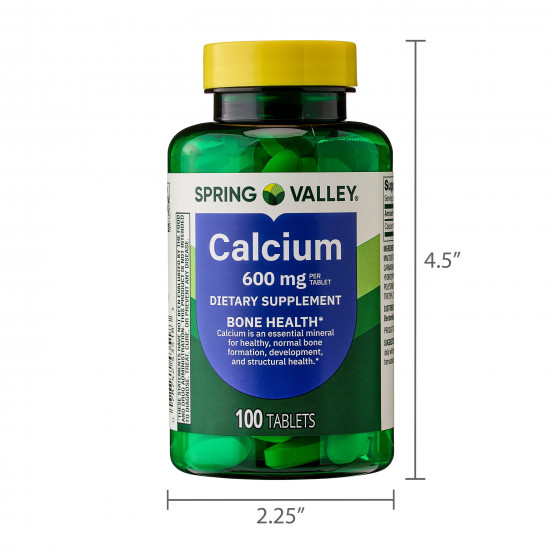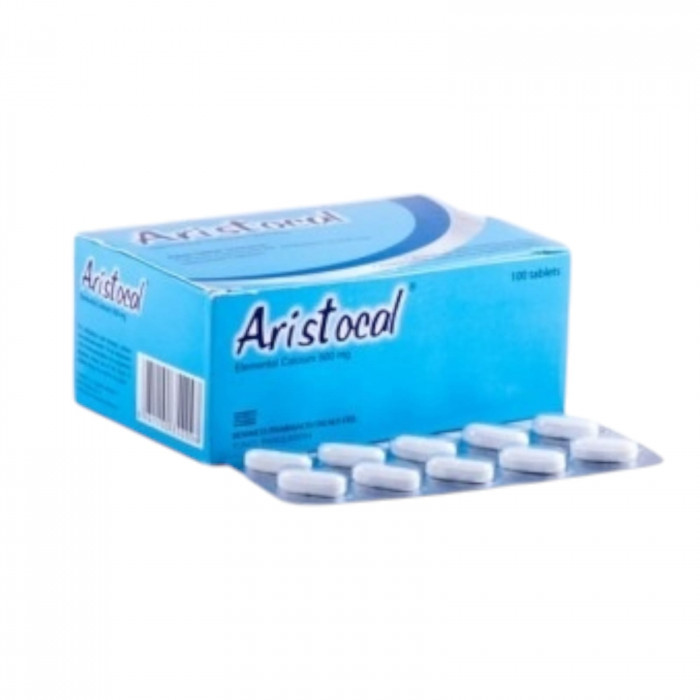
✔ 100% Authentic Product
👁️ Currently Viewing 2158
Aristocal 500mg 10pcs
Generic Name: Calcium Carbonate 500mg
Manufacturer/Distributor: Beximco Pharmaceuticals Ltd.
Discount
Price: ৳ 38
MRP:
৳
40
5%
Off

100% Genuine Products, Guaranteed

Safe & Secure Payments, Always

Fast, Secure & Efficient Delivery

Proper Packaging
 Cash on Delivery - All over Bangladesh
Cash on Delivery - All over Bangladesh Regular Delivery - 12-24 Hours, Dhaka City* Charge Tk.39-59
Regular Delivery - 12-24 Hours, Dhaka City* Charge Tk.39-59 Regular Delivery - 24-48 Hours, Other Cities* Charge Tk.99-110
Regular Delivery - 24-48 Hours, Other Cities* Charge Tk.99-110
🌙 রমযান অফার 🌙
 ফ্রি ডেলিভারিঃ - ৭৯৯ টাকা+ অর্ডারে, ঢাকা
শহরে
ফ্রি ডেলিভারিঃ - ৭৯৯ টাকা+ অর্ডারে, ঢাকা
শহরে ফ্রি ডেলিভারিঃ - ২৭৯৯ টাকা+ অর্ডারে, ঢাকার
বাহিরে
ফ্রি ডেলিভারিঃ - ২৭৯৯ টাকা+ অর্ডারে, ঢাকার
বাহিরে
📲 মোবাইল অ্যাপ অর্ডারে সাশ্রয় বেশী
-
Google Play Store থেকে ডাউনলোড
-
Apple Store থেকে ডাউনলোড
100% Genuine Products, Guaranteed
Safe & Secure Payments, Always
Fast, Secure & Efficient Delivery
Proper Packaging
 Cash on Delivery - All over Bangladesh
Cash on Delivery - All over Bangladesh Regular Delivery - 12-24 Hours, Dhaka City* Charge Tk.39-59
Regular Delivery - 12-24 Hours, Dhaka City* Charge Tk.39-59 Regular Delivery - 24-48 Hours, Other Cities* Charge Tk.99-110
Regular Delivery - 24-48 Hours, Other Cities* Charge Tk.99-110 ফ্রি ডেলিভারিঃ - ৭৯৯ টাকা+ অর্ডারে, ঢাকা
শহরে
ফ্রি ডেলিভারিঃ - ৭৯৯ টাকা+ অর্ডারে, ঢাকা
শহরে ফ্রি ডেলিভারিঃ - ২৭৯৯ টাকা+ অর্ডারে, ঢাকার
বাহিরে
ফ্রি ডেলিভারিঃ - ২৭৯৯ টাকা+ অর্ডারে, ঢাকার
বাহিরে- Google Play Store থেকে ডাউনলোড
- Apple Store থেকে ডাউনলোড
🌙 রমযান অফার 🌙
📲 মোবাইল অ্যাপ অর্ডারে সাশ্রয় বেশী
✅ Description:
Indications of Aristocal 500 Tablet
250 mg or 500 mg tablet: Usually utilized for the treatment or avoidance of calcium exhaustion in patients in whom dietary measures are lacking. Conditions that will be related to calcium lack incorporate hypoparathyroidism, achlorhydria, constant loose bowels, vitamin D lack, steatorrhea, sprue, pregnancy and lactation, menopause, pancreatitis, renal disappointment, alkalosis, hyperphosphataemia. Calcium Carbonate is being utilized progressively frequently to treat hyperphosphataemia in constant renal disappointment as well as those on ceaseless walking peritoneal dialysis (CAPD) and hemodialysis. Numerous patients are incapable to endure adequate dosages for total phosphate control and require extra measures such as rigid dietary phosphate limitation or generally little dosages of aluminum hydroxide. Calcium Carbonate containing arrangements can give short-term alleviation of dyspeptic frameworks but are not prescribed for long-term treatment of peptic ulceration.
This 1000 mg tablet is used to treat hyperlipidemia-related symptoms as well as to relieve acid indigestion, heartburn, sour stomach, and upset stomach quickly.
Pharmacology of Aristocal 500 Tablet
When calcium carbonate combines with stomach acid, salt, and water are formed. The proposed chemical process for calcium carbonate is CaCO3 + 2HCl = CaCl2 + H2O + CO2.
Two grams of calcium carbonate are enough to raise the pH of 100 mL of hydrochloric acid to above 6. The action of pepsin in gastric secretion is reduced when the pH of the stomach rises. Up to 30% of the calcium dose consumed orally may be absorbed.
Dosage & Administration of Aristocal 500 Tablet
250 mg or 500 mg tablet: Calcium Carbonate is always used orally and when used as an antacid the recommended doses for adults are equivalent to 540-2000 mg Calcium Carbonate per day, with doses for children being half of those for adults. As a dietary supplement, such as for the prevention of osteoporosis, 1250-3750 mg Calcium Carbonate (500-1500 mg calcium) daily is recommended in general, but again this will need to be tailored to the individual patient depending on any specific disease such as Calcium deficiency, malabsorption or parathyroid function. In pregnancy and lactation, the recommended daily dose of calcium is 1200-1500 mg. In chronic renal failure the doses used vary from 2.5-9.0 gm Calcium Carbonate per day and need to be adjusted according to the individual patient. To maximize effective phosphate binding in this context the Calcium Carbonate should be given with meals.
1000 mg tablet: 2000-3000 mg tablet when symptoms occur; may be repeated hourly if needed or as directed by the physician.
Interaction of Aristocal 500 Tablet
If systemic hypercalcemia occurs, calcium carbonate may augment the cardiac effects of digoxin and other cardiac glycosides. When Calcium Carbonate is used as the major phosphate binder, it may interfere with the absorption of concomitantly administered tetracycline formulations, and in chronic renal failure, vitamin D therapy may need to be modified to avoid hypercalcemia.
Contraindications
Hyperparathyroidism and hypercalcemia
Zollinger-Ellison syndrome is characterized by hypercalciuria and nephrolithiasis.
Treatment with digoxin and other drugs at the same time is known as concomitant digoxin therapy (requires careful monitoring of serum calcium level)
When hypercalcemia occurs, stopping the medicine usually suffices to bring serum calcium levels back to normal. In individuals with sarcoidosis, renal or cardiac disease, or those using cardiac glycosides, calcium salts should be taken with caution.
Side Effects of Aristocal 500 Tablet
Calcium carbonate used orally can irritate the gastrointestinal tract. It's also possible that it'll make you constipated. Hypercalcemia is rarely caused by calcium alone, but it can happen when substantial doses of calcium are given to patients with chronic renal failure.
Pregnancy & Lactation
Oral calcium supplementation or antacid therapy with calcium-containing medications has been widely used in pregnancy. Lactating women can also benefit from calcium carbonate
Storage Conditions
Store at a controlled room temperature in a cool, dry place.
⚠️Disclaimer:
At ePharma, we’re committed to providing accurate and accessible health information. However, all content is intended for informational purposes only and should not replace medical advice from a qualified physician. Please consult your healthcare provider for personalized guidance. We aim to support, not substitute, the doctor-patient relationship.




